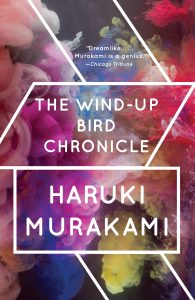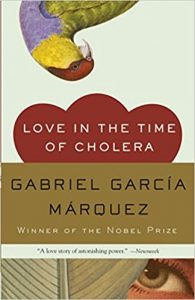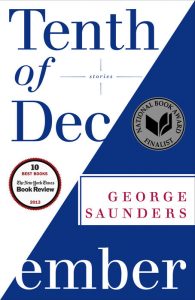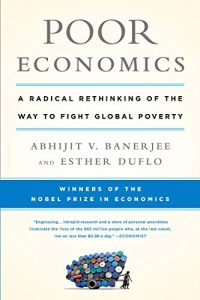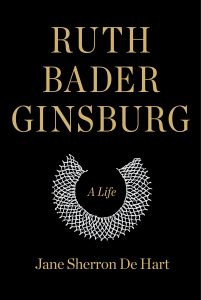With over a year into the pandemic, we’ve all been more or less restricted to the confines of our homes, and I’ve thought a lot about the role that art, specifically literature, plays during this difficult time. In particular, I’ve reflected on what I’ve asked of art. A quote by Katy Waldman from The New Yorker really resonated with me:
“Sometimes, when the world is dumb, it’s mental stimulation that I’m hungry for, or, when the world is ugly, beauty, or, when it’s exhausting, refreshment.”
Katy Waldman
So, I wanted to share the books that have helped me get through quarantine and will hopefully bring your life a bit of stimulation, beauty, and refreshment as they have done for me.
1. “The Wind-Up Bird Chronicle: A Novel” by Haruki Murakami
During quarantine, I’ve found myself venturing quite often into the realm of magical realism. One author, in particular, holds a special place in my heart. The strangeness of Haruki Murakami’s plots combines with his dreamlike imagery to create moving parables of human loneliness. His ability to interweave the mundane with the surreal opened my eyes to a whole new world of literature. I ended up reading three of his books in a month: “The Wind-Up Bird Chronicle,” “A Wild Sheep Chase” and “Kafka on the Shore.”
Although I recommend all three, “The Wind-Up Bird Chronicle” was by far my favorite, and I highly recommend it to anyone who hasn’t had a chance to read Murakami’s works. The story follows a recently unemployed Toru Okada who, while looking for his missing cat, finds himself thrown into a series of wild, bizarre adventures. Shortly after Toru’s cat disappears, his wife vanishes as well, setting into motion a detective story that blurs the lines between reality and fantasy while revealing that logic and reason are useless in this unintelligible world.
2. “Love in the Time of Cholera” by Gabriel García Márquez
Continuing with the theme of magical realism, my next recommendation is the modern classic “Love in the Time of Cholera” by Colombian Nobel laureate and author Gabriel García Márquez. I had been meaning to read this book for a while, so when the pandemic hit, I finally decided to pick it up. Márquez’s novel is centered around the love story between Fermina Daza and Florentino Ariza in a country plagued by a cholera outbreak and deep economic recession in the late 19th century. Their romance spans over 50 years and offers a bittersweet examination of the role of distance in our experiences with the infectious disease called love. During this pandemic era, distance seems to define our relationships more than ever, and Márquez coincidentally explores this tension between love and distance throughout his novel.
3. “Tenth of December: Stories” by George Saunders
George Saunders is one of my favorite authors. This collection of short stories made me feel like I was reading fiction for the first time. Saunders writes about the unlucky, the lost and the disenfranchised with a visceral, satirical and surreal act of storytelling. His stories explore the fault lines of our own moralities and leave you utterly speechless. Words truly cannot describe how much I loved this book. Since it’s impossible for me to pick my favorite short story, I’ll list my top three: “Victory Lap,” “Sticks” and “Tenth of December.”
4. “Poor Economics: A Radical Rethinking of the Way to Fight Global Poverty” by Abhijit V. Banerjee and Esther Duflo
Moving on from fiction, I would like to recommend a non-fiction book which brings alive the complexities of the impoverished. According to the authors, who are both economics professors at the Massachusetts Institute of Technology, “Poor Economics” is about what the lives and choices of the poor tell us about how to combat global poverty. This illuminating book presents eight years of field research in developing countries, utilizing fascinating case studies and anecdotes to show how their randomized evaluation methods provide practical insights into development and the best practices for poverty alleviation.
5. “Ruth Bader Ginsburg: A Life” by Jane Sherron de Hart
Last but certainly not least, this in-depth, revelatory biography of the late Ruth Bader Ginsburg includes fifteen years of interviews and research. Historian Jane Sherron de Hart explores the various pivotal experiences that shaped Ginsburg–her meticulous jurisprudence, her passion for justice, and especially her advocacy for gender equality. Ginsburg changed every American’s life, and this book made me feel connected to her on an almost personal level since it detailed so many intimate experiences in her life. I strongly recommend it to anyone who is interested in learning more about a truly inspirational and pioneering Supreme Court justice.


